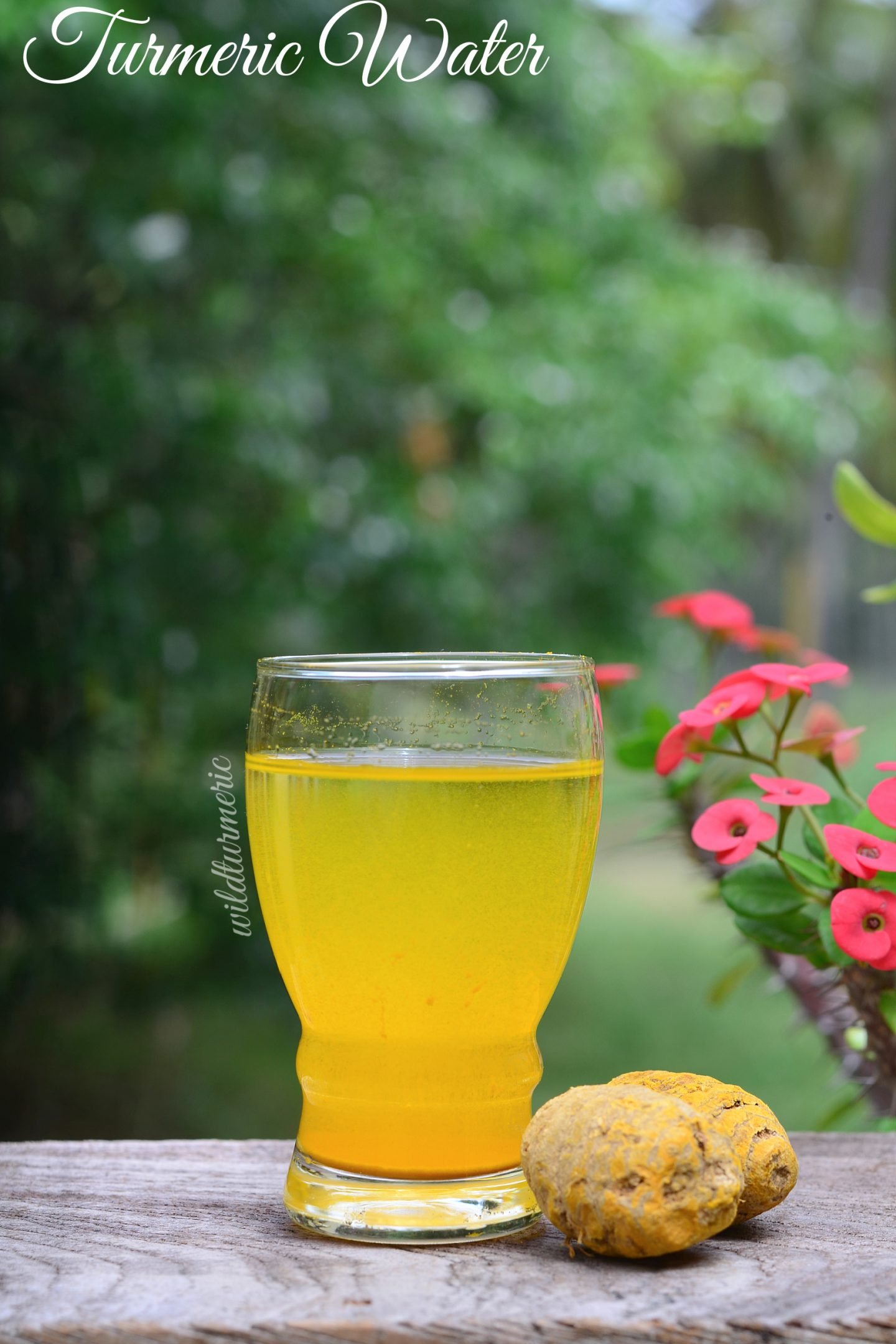Whether you drink bottled or tap water, it most likely contains trace amounts of electrolytes, hot lime water benefits as sodium, potassium, magnesium and calcium. However, the concentration of electrolytes in beverages may vary greatly. Some brands add a significant amount of minerals along with carbs and market their water as a sports drink, while others only add a negligible amount for taste. This article discusses the potential benefits of electrolyte-enhanced water, as well as common myths surrounding it.

Electrolytes are minerals that conduct electricity when dissolved in water. Helping your muscles contract — including your heart. Common electrolytes include sodium, chloride, potassium, magnesium and calcium. Electrolyte waters are enhanced with these charged minerals, but the concentrations vary.
Tap water has electrolytes as well. Summary Electrolytes are charged minerals important for maintaining optimal body functions. Common electrolyte beverages include enhanced waters and sports drinks. Electrolyte-enhanced waters, particularly sports drinks, may benefit athletes by helping replenish water, electrolytes and energy lost during exercise. During physical activity, you need additional fluids to replace the water lost in sweat. Sweat also contains electrolytes, including a significant amount of sodium, as well as small amounts of potassium, calcium and magnesium. You should note that sports drinks are designed for athletes, not sedentary individuals.

Along with electrolytes, they contain calories from added sugar. Summary Sports drinks are designed for athletes and contain electrolytes along with carbs to replenish the nutrients lost through sweating. They’re recommended for prolonged exercise and exercise in hot weather. In the short term, vomiting and diarrhea are usually not serious conditions. However, severe or persistent symptoms can quickly lead to dehydration if fluids and electrolytes are not replaced. Infants and children are especially vulnerable to dehydration from severe vomiting and diarrhea.
Oral rehydration solutions contain water, carbs and electrolytes in specific proportions that are easy to digest. Sports drinks are similar but contain higher amounts of sugar. Sports drinks may be tolerated by older children if diluted to 1 part water, 1 part sports drink. Importantly, electrolyte beverages may not be sufficient for treating severe dehydration. Summary Illnesses, such as vomiting and diarrhea, can cause you to lose fluid and electrolytes rapidly. Oral rehydration solutions are recommended for replenishment.
Hot environments put you at risk for a variety of heat-related illnesses, which range from mild heat rash to life-threatening heatstroke. Normally, your body manages heat by releasing it through your skin and by sweating. The key to preventing heat-related illnesses is to limit your time in the heat. In hot environments, water and sports drinks are recommended for hydration over other beverages. Summary Prolonged exposure to heat puts you at risk for heatstroke. Consuming adequate amounts of fluids and electrolytes is recommended to help your body stay cool. Adequate hydration is essential for overall health.
Both electrolyte and regular water count towards your daily fluid needs, as do other beverages such as coffee, tea, fruit juices and milk. It’s a common misperception that electrolyte water is superior to regular water for hydration. In reality, it depends on the circumstances. More specifically, electrolyte water may be beneficial if you’re at risk for quick losses of minerals. Outside of sports, hot weather and illness, regular water works just fine to meet your day-to-day hydration needs. Summary Though electrolyte water may have benefits under certain circumstances, regular water is sufficient for meeting your general hydration needs. Making electrolyte water is a cost-effective and healthy way to replace fluid and electrolytes when needed.
